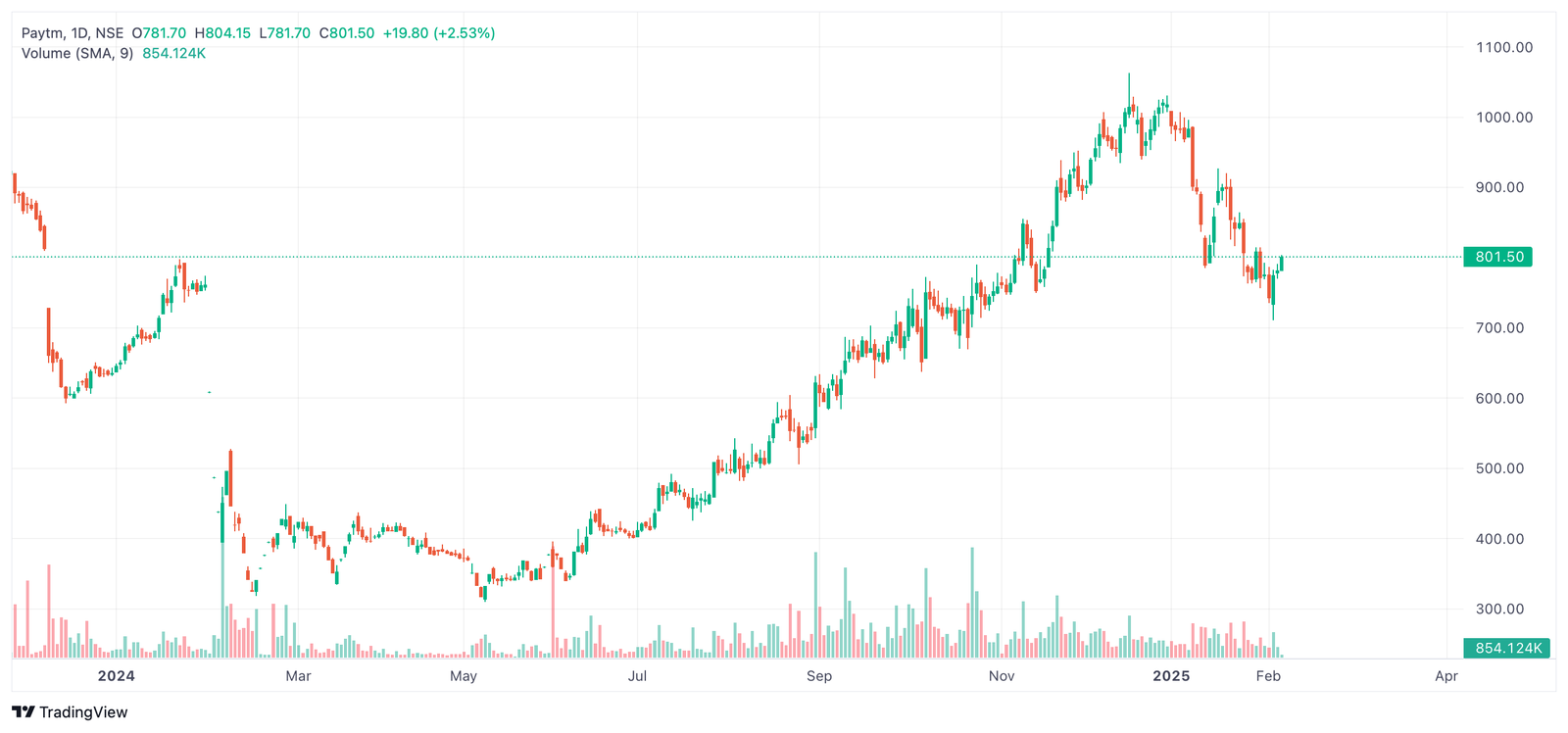The changes have had many holding heated discussions regarding the future of artificial intelligence, especially those situations concerning AI safety and ethics in the aftermath of recent high-profile exits at OpenAI. As one of the world’s premier AI research companies, OpenAI’s change of guards raises concerns over how it will shape its vision. AI enthusiasts, developers, and regulatory bodies are increasingly oriented toward the dangers associated with AI progress, and a surprise reorganization at OpenAI adds to these anxieties.
We will outline the subtleties of this argument, taking place today. We will discuss how that feeds into AI safety and ethical frameworks and what, if anything, is the role of an AI app development company in trying to balance innovation with responsibility. As AI is changing industries and the personal lives affected by them, understanding the internal implications for OpenAI is key.
Why OpenAI’s Leadership Departure Matters
This has raised debates within and out of the AI community following recent departures of high-ranking officials from OpenAI. For a long time, OpenAI has been at the forefront of advocating ethical AI, very careful about unleashing super powerful AI systems. Leadership steps down, and that is what some see in this-derivation from OpenAI’s founding values, while for others it symbolizes evolution with the rapidly changing field.
The change is also important as OpenAI has been, for long time, a leader in AI ethics. Being a prominent organization specializing in developing AI apps, OpenAI’s decision to part ways with some of its veteran leadership members sends mixed signals in the industry. It is yet not clear whether this change will make further differences in AI safety or if ethical complexities will bloom further, but the discussion has shown that innovation and responsibility cannot be developed at the same time.
The Ripple Effect
OpenAI’s changes have also prompted responses from other AI app development companies. The decision has created a sense of urgency across the industry to address unresolved ethical concerns that continue to emerge with advanced AI capabilities. Some companies are inspired to bolster their own ethical standards, while others view it as an opportunity to push boundaries further in AI innovation.
At the same time, the public’s perspective is growing cautious. With AI now affecting various aspects of everyday life, from personalized recommendations to medical diagnostics, users are becoming more concerned about data privacy, decision-making transparency, and security. As the conversation grows, the pressure on companies to maintain transparency and prioritize ethical standards intensifies.
Understanding AI Safety
AI safety refers to the measures taken to prevent harmful outcomes that could arise from AI systems. In the context of OpenAI’s transition, questions arise about whether AI safety will remain a top priority. Issues such as algorithmic bias, autonomous decision-making, and data misuse are often cited as key concerns that require ongoing vigilance.
AI app development companies play a vital role in creating safe and reliable AI solutions. Developing applications with responsible coding practices, continuous monitoring, and robust testing frameworks can help mitigate potential risks. By aligning with safety principles, these companies ensure that AI tools benefit users while avoiding negative societal impacts.
The Ethical Imperative
OpenAI was founded on a commitment to create AI that benefits humanity. This foundation has historically included a strong ethical framework, emphasizing transparency, accountability, and the safe development of advanced technologies. The recent leadership changes raise questions about whether these ethical principles will remain at the core of OpenAI’s mission or evolve to reflect new objectives.
In this period of transition, the AI community and AI app development company alike are paying close attention to OpenAI’s next steps. If OpenAI’s leadership shift signals a departure from its ethical imperatives, it could potentially influence industry-wide standards. Alternatively, an ongoing commitment to ethical AI could reaffirm OpenAI’s role as a guiding force in responsible AI.
The Role of AI App Development in Shaping AI Ethics
AI app development company have a significant influence on AI safety and ethical standards. While OpenAI has led the charge, the responsibility to ensure safe and ethical AI doesn’t fall on one organization alone. Companies developing AI-powered apps are now expected to integrate ethical principles into their workflows, from ideation to implementation.
These companies must also consider the long-term effects of their technologies. Whether it’s through user-friendly data privacy controls, AI bias mitigation, or clear communication about AI’s capabilities, responsible AI practices can guide the industry. This approach can also ensure that the end products serve users positively without posing unforeseen risks.
Balancing Innovation with Responsibility
As AI technology rapidly advances, the tension between innovation and responsibility grows. OpenAI’s mission to create superintelligent AI has always been coupled with a focus on safety and ethics, yet the recent leadership shake-up has introduced questions about how this balance will be maintained moving forward.
Many AI app development company face similar challenges, striving to build competitive products that are both groundbreaking and safe. By prioritizing ethical design and rigorous testing, these companies can lead the way in responsible AI. At the same time, they must remain open to adapting their practices as new risks and ethical concerns come to light.
AI Regulation
The OpenAI shift has amplified calls for AI regulation. As AI continues to impact various fields, lawmakers and regulatory bodies are seeking clearer guidelines on how AI systems should operate. This includes determining standards for data handling, accountability, and transparency to prevent the misuse of AI technologies.
In response, many AI app development companies are preparing for a future where regulatory compliance becomes essential. While regulations could limit certain aspects of innovation, they may also bring stability and public trust to the industry. Companies committed to ethical standards may find these regulations to be beneficial in promoting fair and responsible practices across the board.
AI Transparency
Transparency is essential in AI, as it helps build trust between developers, users, and regulatory bodies. OpenAI’s commitment to open-source tools and public research has contributed to its reputation as a transparent organization. The recent changes, however, raise concerns about whether this level of transparency will continue under new leadership.
For AI app development companies, transparency can differentiate them in a competitive market. Offering clear explanations of how AI algorithms work, how data is used, and what security measures are in place can reassure users. Companies that emphasize transparency are more likely to foster trust and create a positive impact on the AI industry as a whole.
Future Prospects
OpenAI’s leadership shift is only one event in a larger movement shaping the future of AI. As the AI industry evolves, both OpenAI and other companies are positioned to drive innovations that address real-world challenges. However, these advancements come with responsibilities to protect users’ rights and address potential ethical pitfalls.
The future of AI hinges on a collective commitment to responsible practices from organizations across the industry, including AI app development companies. By fostering a culture of transparency, accountability, and ethical design, the industry can ensure that AI continues to benefit society while minimizing risks.
The recent events at OpenAI serve as a reminder of the importance of leadership in shaping the direction of AI development. The industry-wide impact of these changes underscores the need for a balanced approach to innovation, ethics, and safety in AI. As AI app development companies navigate this landscape, their actions will play a vital role in setting the standard for the future of AI technology. Through continued vigilance, transparency, and responsibility, the AI community can address both the promises and challenges of this transformative field.





